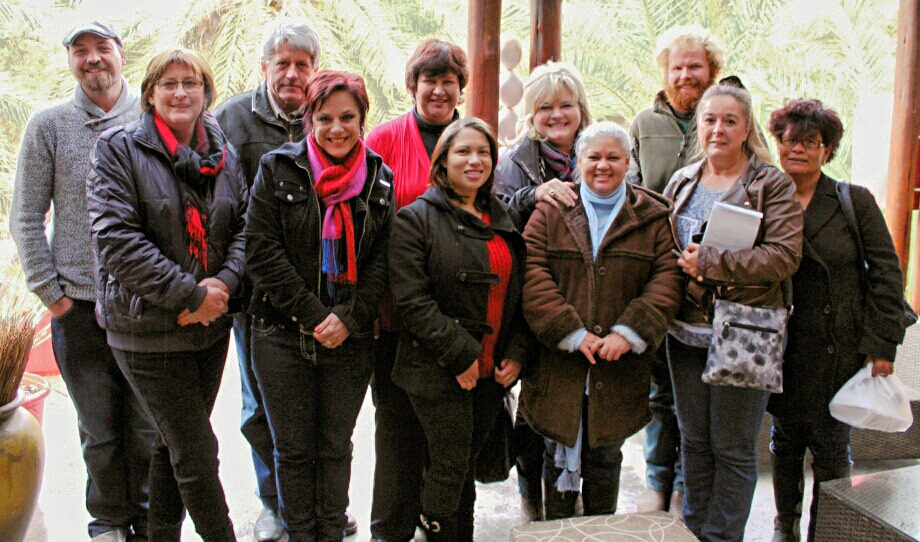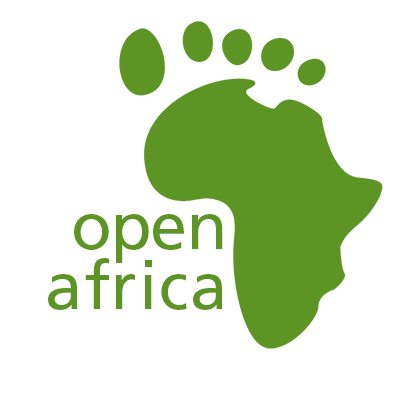Open Africa held three networking sessions with stakeholders from four routes in the Northern Cape in 2015. Representatives from local and district municipalities, the province and national government were in attendance. With all spheres of government and the private sector under one roof, they came together to listen to each other and jointly develop plans for the future of tourism in the province.
The Australian High Commission supported three networking sessions with stakeholders from four routes in the Northern Cape in 2015. In addition to the private sector, representatives from local and national government were in attendance, marking one of the first times tourism enterprises could sit across the table from big decision makers within the industry. The objective was to develop a route cluster that will allow government and other stakeholders to support routes and enterprises in a more efficient way while allowing the private sector to give input into how this happens.
Bringing these stakeholders together in such an innovative way was a great opportunity to engage in dialogue in a neutral environment to see how all parties could work collectively to enhance tourism in their respective areas. The senior manager for Tourism Development in the Northern Cape, Johann van Schalkwyk played an integral role in leading the sessions on the role of government departments and this allowed the private sector and government to identify their individual roles and responsibilities.
In total, during the course of the networking sessions, over 50 representatives from the private sector and government came together to discuss issues affecting tourism in the Northern Cape and were able to agree on a clear plan for tackling these and improved relationships between the various role-players. The point of departure for the discussions around development was that tourism development is government-lead, private sector-driven and community-owned.
It was originally envisaged that the route cluster would become a communication channel for routes and government agencies, but in time a more feasible option would be for the cluster to become the marketing arm for the four respective routes.
These networking sessions were proudly sponsored the Australian High Commission.


